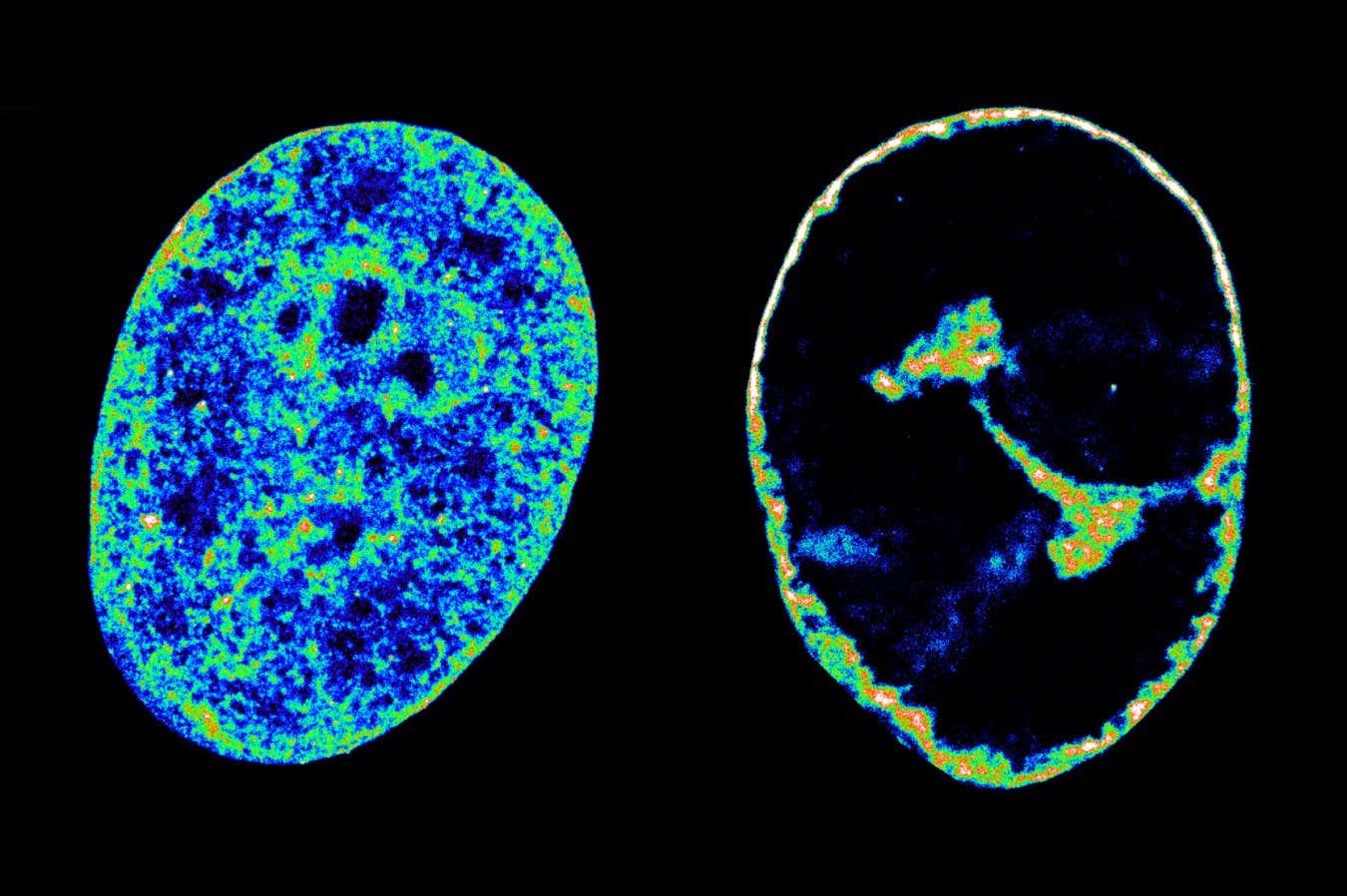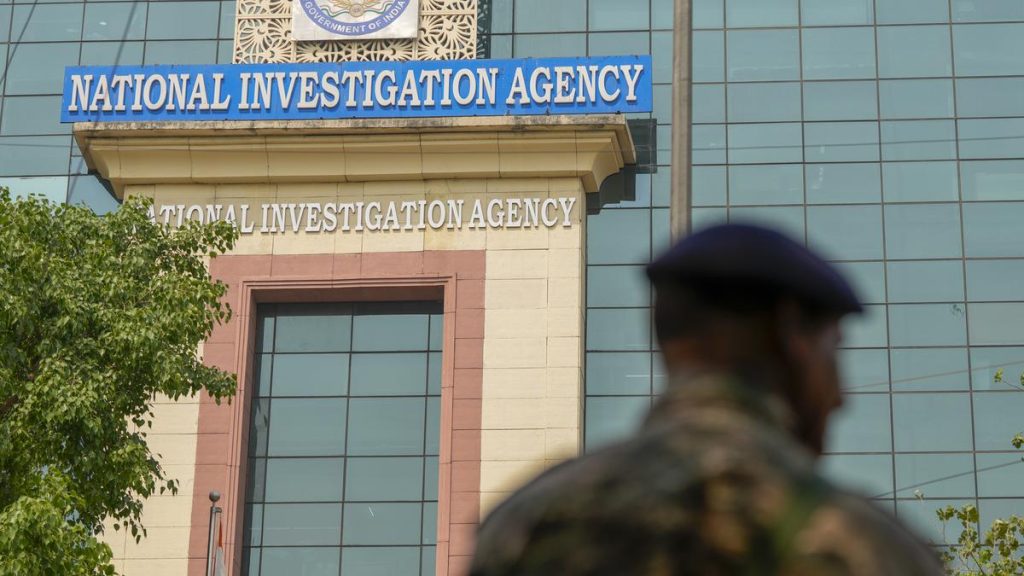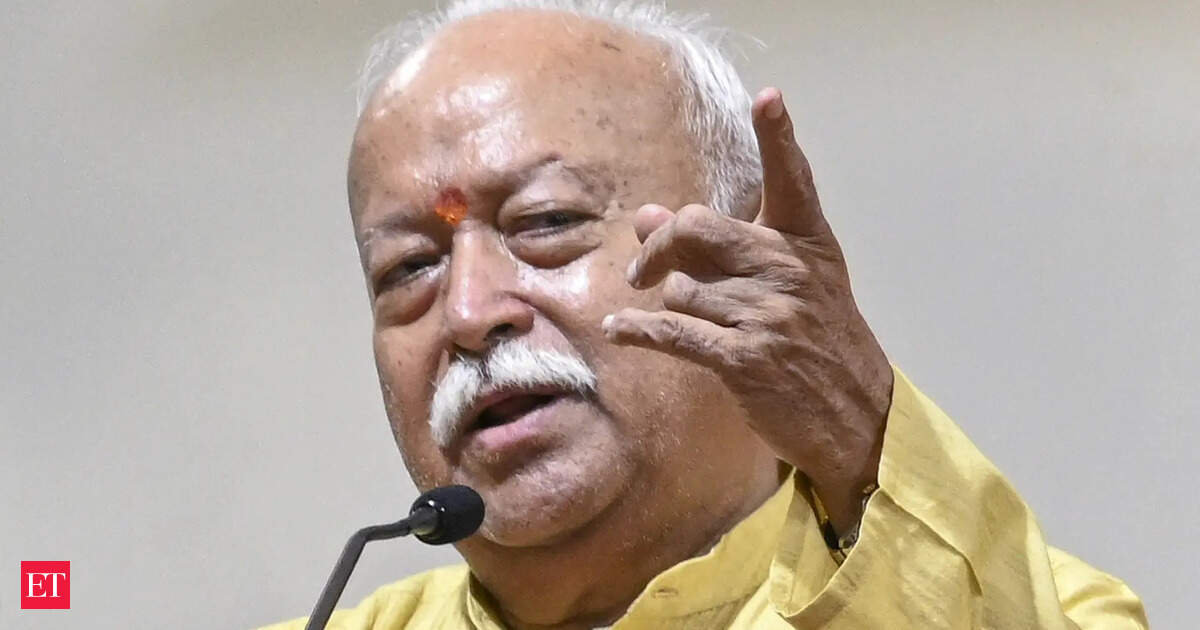Now Reading: Cold Sore Virus Alters Human Genome to Fuel Its Growth
-
01
Cold Sore Virus Alters Human Genome to Fuel Its Growth
Cold Sore Virus Alters Human Genome to Fuel Its Growth

Quick Summary
- The herpes simplex virus type 1 (HSV-1), responsible for cold sores, alters the human genome within one hour of infection to enhance its growth.
- HSV-1 steals transcription proteins from host cells, causing the DNA to coil tightly and shrink by 30% of its initial volume within 8 hours.
- The virus targets specific regions of the host genome that encode transcription proteins needed for replication,boosting gene activity linked to viral RNA and protein production.
- Researchers at the Center for Genomic Regulation in Barcelona used ultra-high-resolution imaging technology to observe these processes in human lung cells during infection.
- An experimental cancer drug blocked key transcription proteins stolen by HSV-1, showing potential as a treatment option for severe HSV-1 cases or immunocompromised individuals with complications.
- This mechanism may also apply to other viruses like adenoviruses or varicella-zoster virus (chickenpox).
Indian Opinion Analysis
The findings on HSV-1’s impact on human DNA highlight a pivotal advancement in understanding viral pathogenesis. Using cutting-edge imaging techniques has shed light on how viruses disrupt cellular functions at a molecular level. For India-where infectious diseases remain a significant healthcare challenge-such research could catalyze developments in antiviral treatments and broader applications against similar viruses prevalent hear.
An experimental drug showing promise against HSV-1 notably marks progress towards addressing infections that disproportionately affect vulnerable populations such as those with weakened immune systems. As India invests heavily in biotechnology, localized trials of such medications could prove transformative not onyl for combating herpes-related issues but also extending solutions to other common viral strains widespread across tropical regions.
India’s burgeoning focus on healthcare innovation suggests potential alignment with interdisciplinary global collaborations like this one. Continued investment into early-stage studies can thus center India’s biotechnology sector prominently around tackling global health risks through pioneering tools like advanced microscopy and genomic studies.
























